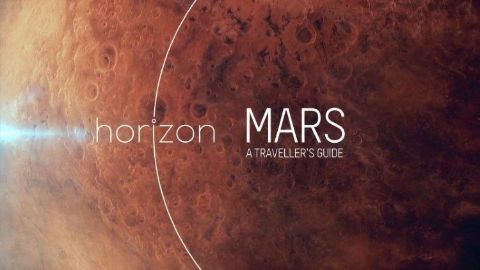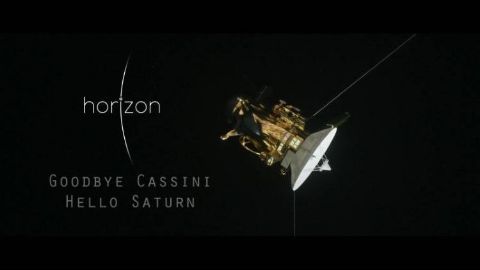You might also like
The dream of sending humans to Mars is closer than ever before. In fact, many scientists think that the first person to set foot on the Red Planet is alive today. But where should the first explorers visit when they get there? Horizon has gathered the world's leading experts on Mars and asked them where would they go if they got the chance - and what would they need to survive? Using incredible real images and data, Horizon brings these Martian landmarks to life - from vast plains to towering volcanoes, from deep valleys to hidden underground caverns. This film also shows where to land, where to live and even where to hunt for traces of extraterrestrial life.
It is one of the most baffling questions that scientists can ask: how big is the Universe that we live in? Horizon follows the cosmologists who are creating the most ambitious map in history - a map of everything in existence. And it is stranger than anyone had imagined - a Universe without end that stretches far beyond what the eye can ever see. And, if the latest research proves true, our Universe may just be the start of something even bigger. Much bigger.
A billion miles from home, running low on fuel, and almost out of time. After 13 years traversing the Saturn system, the spacecraft Cassini is plunging to a fiery death, becoming part of the very planet it has been exploring. As it embarks on its final assignment - a one-way trip into the heart of Saturn - Horizon celebrates the incredible achievements and discoveries of a mission that has changed the way we see the solar system. Strange new worlds with gigantic ice geysers, hidden underground oceans that could harbour life and a brand new moon coalescing in Saturn's magnificent rings. As the world says goodbye to the great explorer Cassini, Horizon will be there for with a ringside seat for its final moments.
The Orion Nebula is a interstellar cloud situated in the Milky Way, south of Orion's Belt. In a 2-year effort, scientists create a mosaic of over 100 images at the tip of Orion's sword to discover four massive young stars. What do they tell us about how planetary systems are formed?
18 • Cosmic Front • 2014 • Astronomy
Travel to 19th century England and meet Michael Faraday, a child of poverty who grew up to invent the motor and the generator. His ideas about electricity and discovery of magnetic fields changed the world and paved the way for future scientists to make giant strides in the world of high technology and instantaneous communication.
S1E10 • Cosmos: A Spacetime Odyssey • Astronomy
Last week we covered multiple star systems, but what if we added thousands or even millions of stars to the mix? A star cluster. There are different kinds of clusters, though. Open clusters contain hundreds or thousands of stars held together by gravity. They’re young, and evaporate over time, their stars let loose to roam space freely. Globular clusters, on the other hand, are larger, have hundreds of thousands of stars, and are more spherical. They’re very old, a significant fraction of the age of the Universe itself, and that means their stars have less heavy elements in them, are redder, and probably don’t have planets (though we’re not really sure).
35 • Crash Course Astronomy • 2015 • Astronomy





